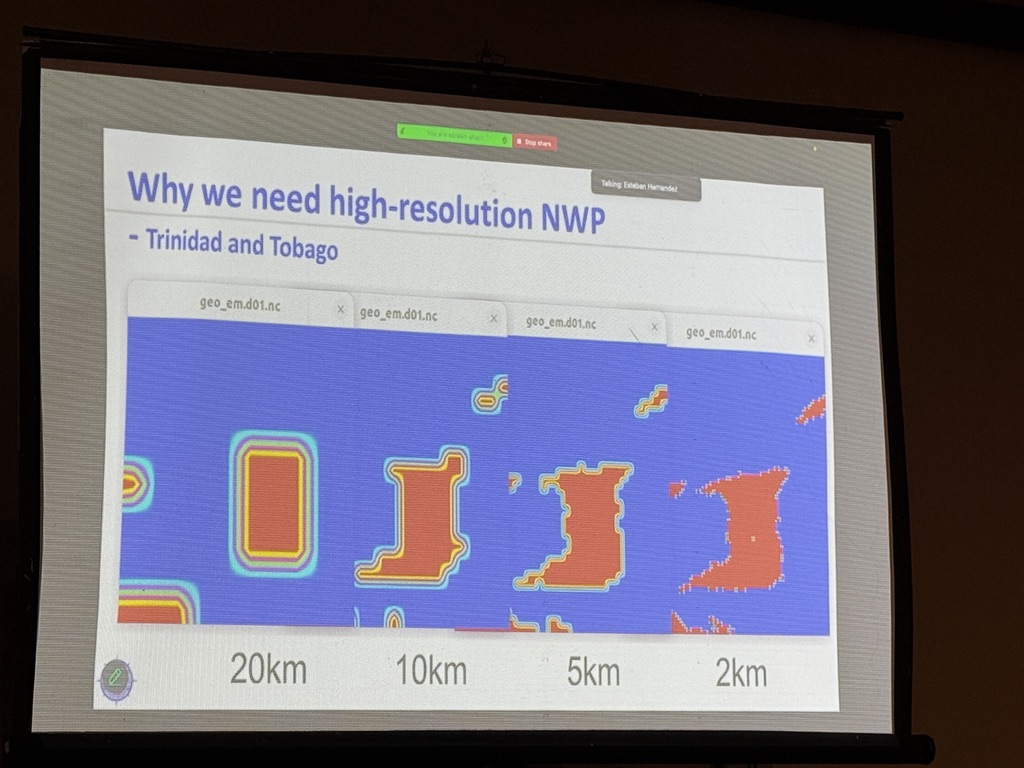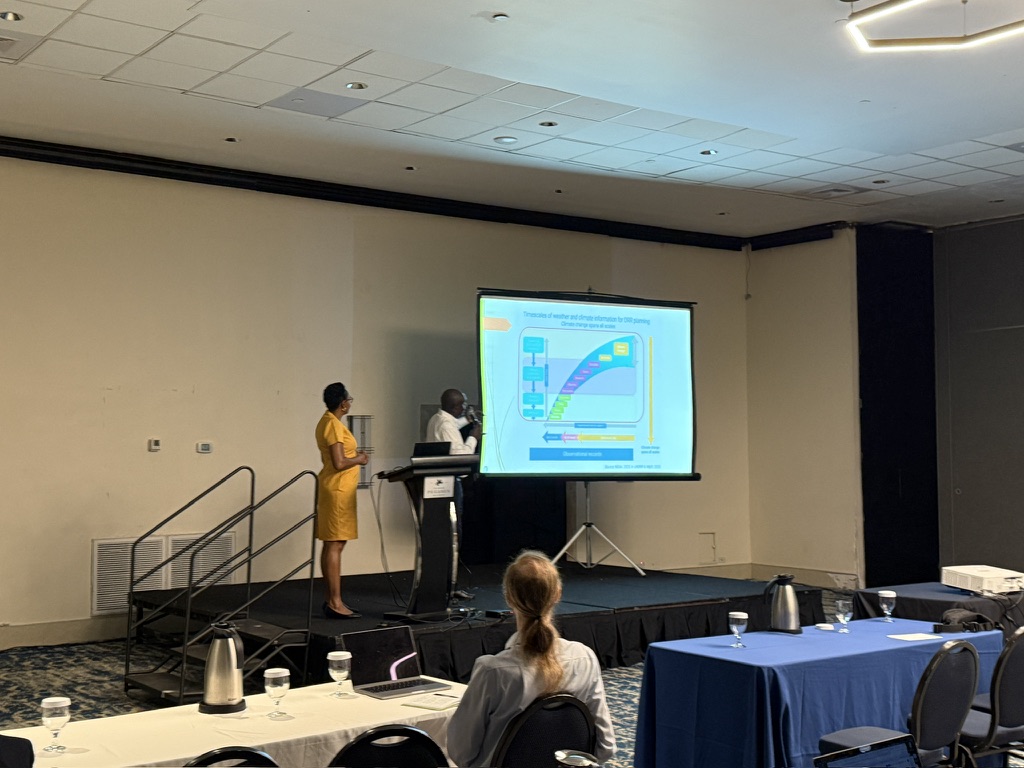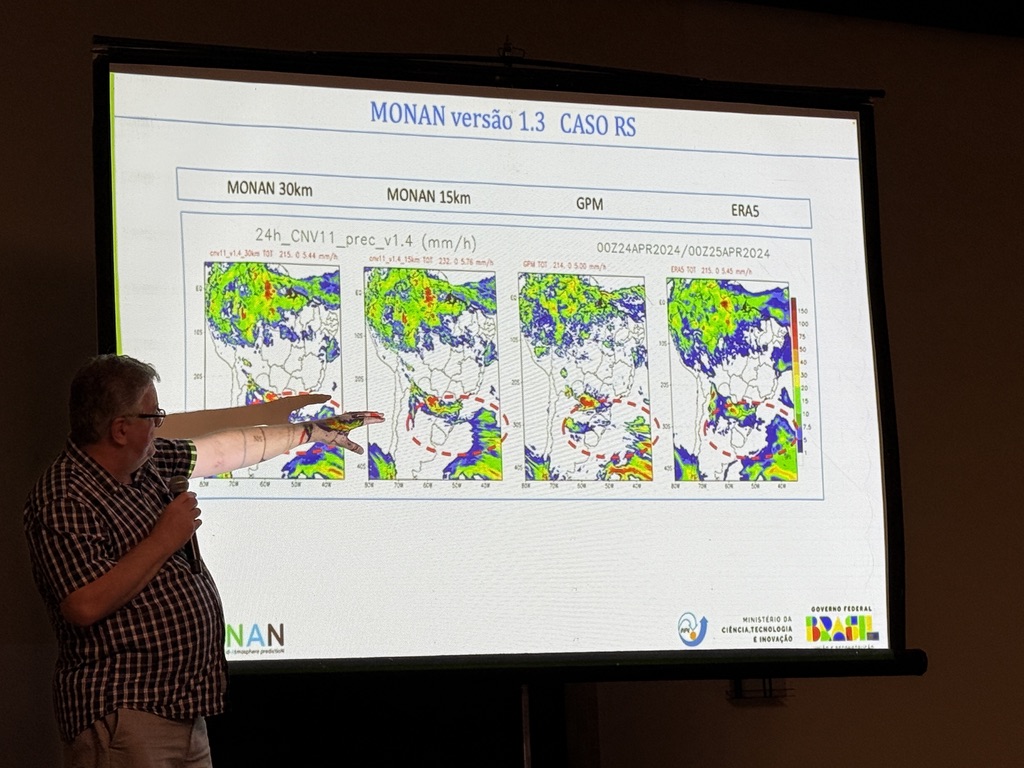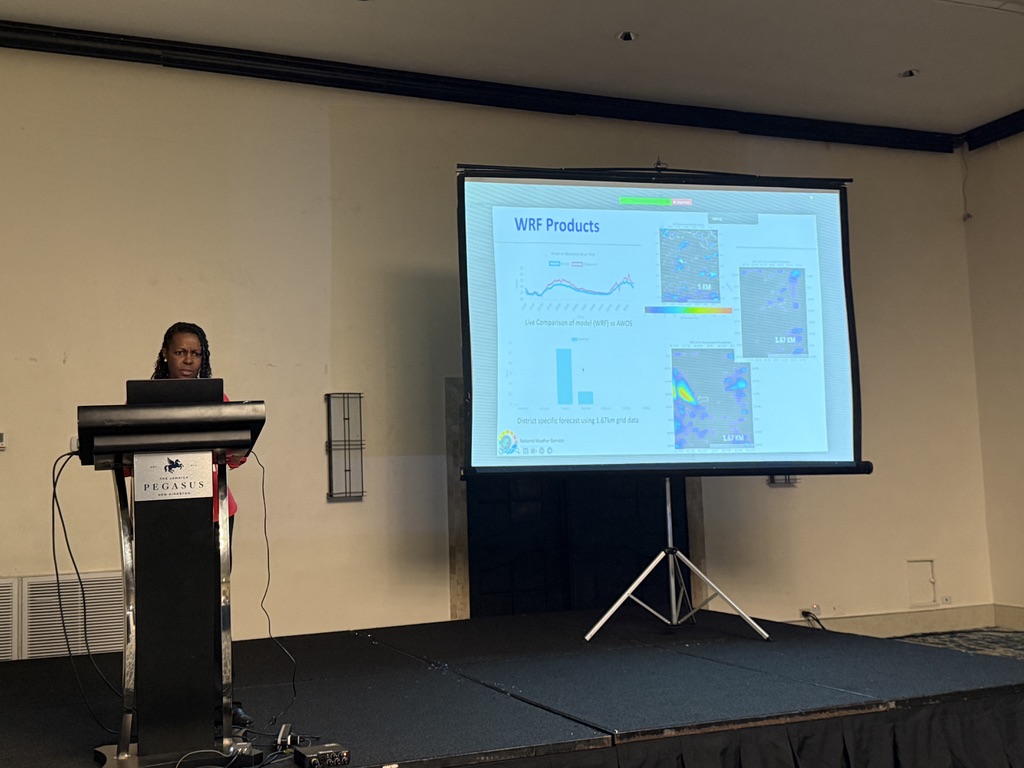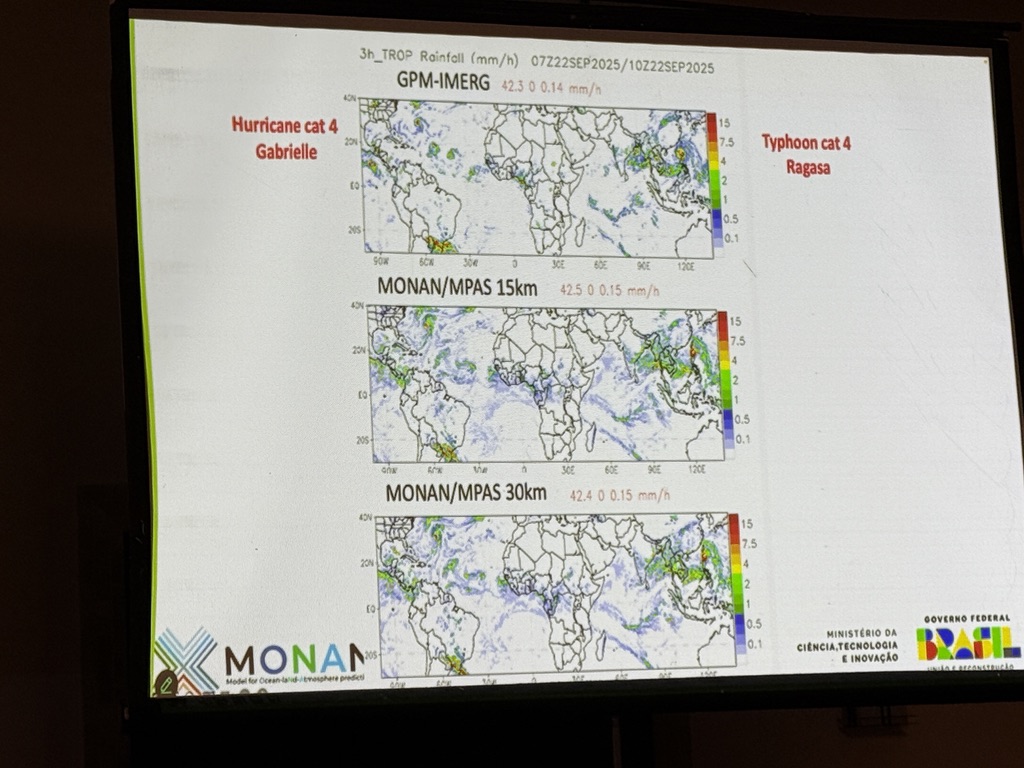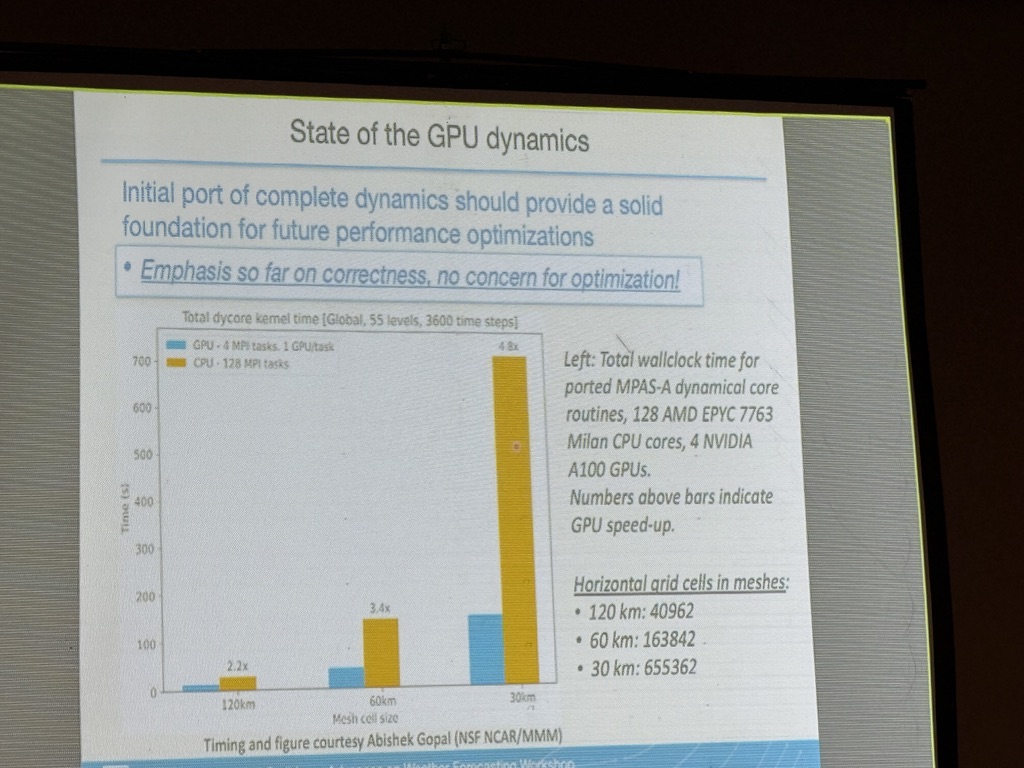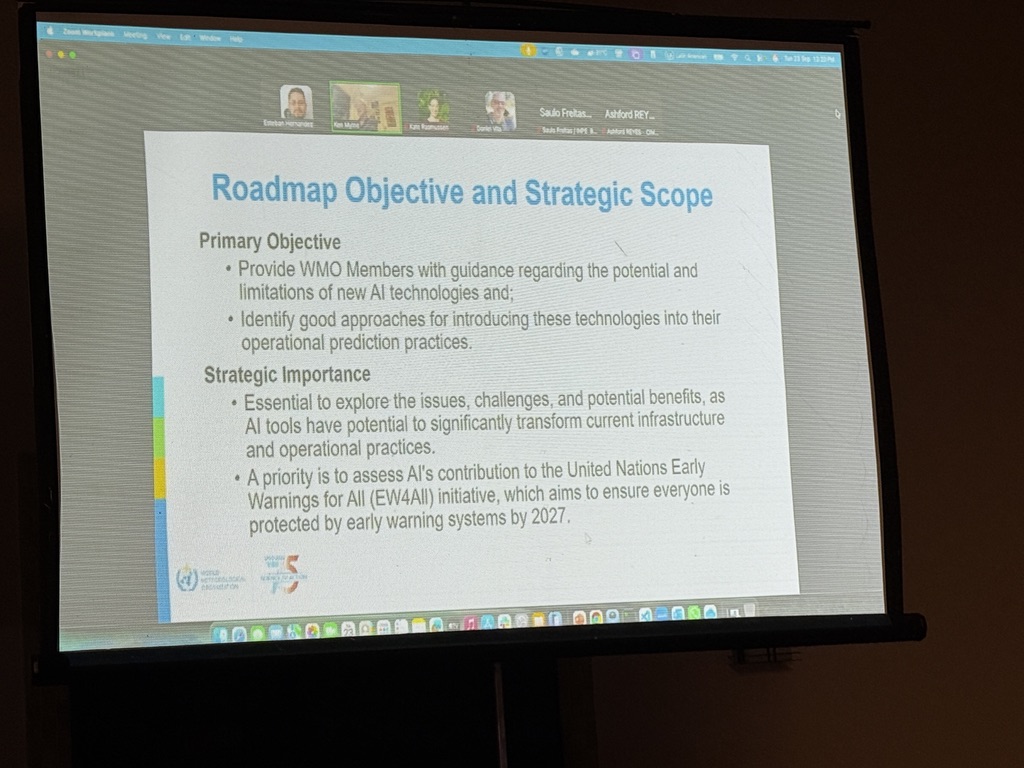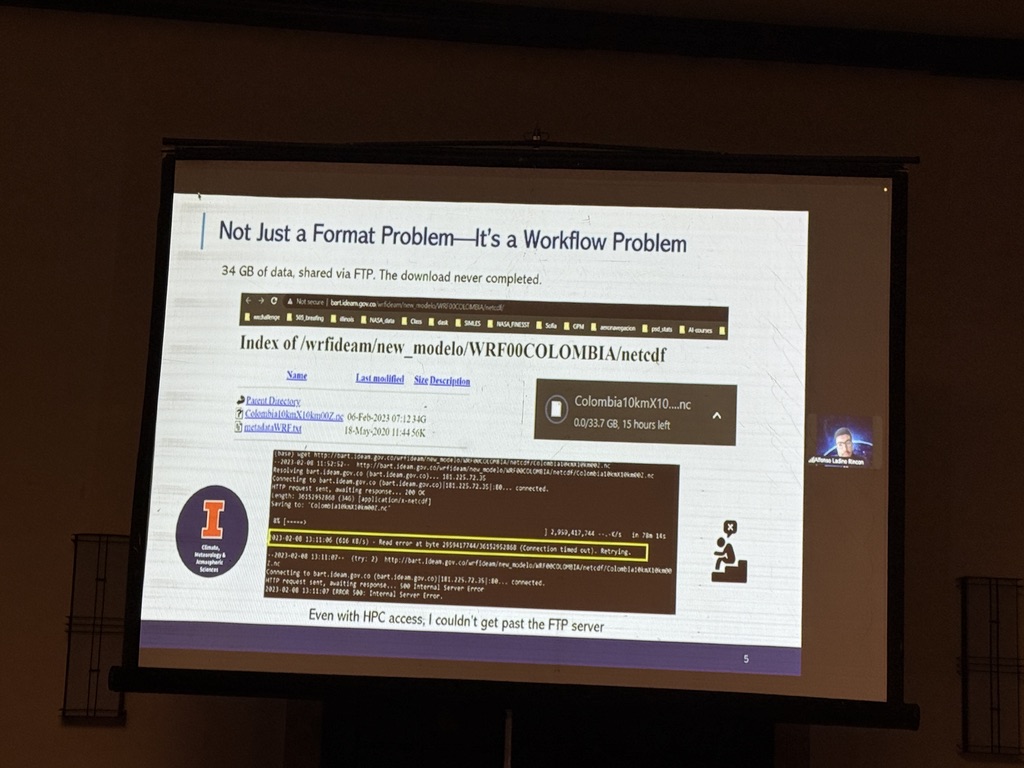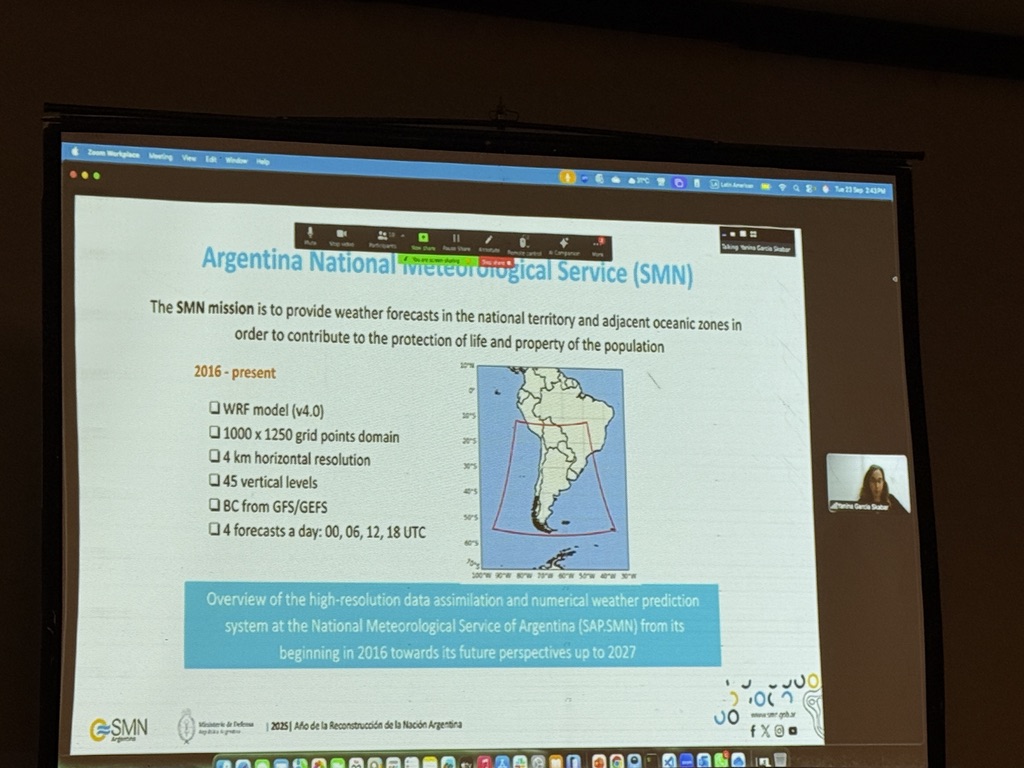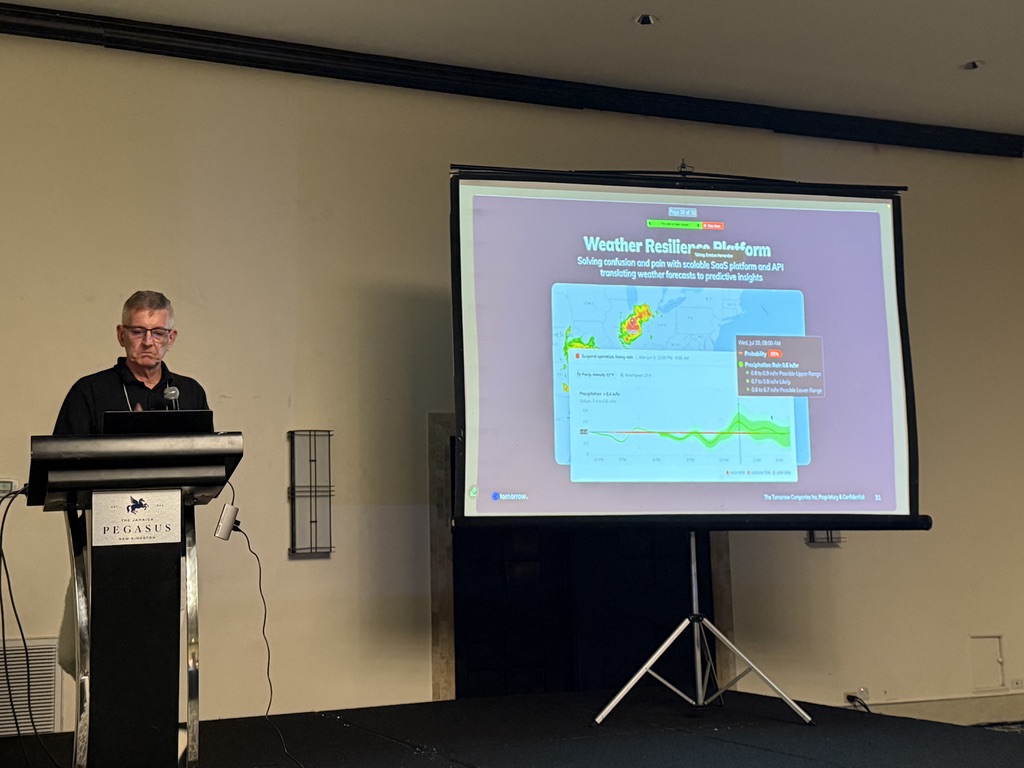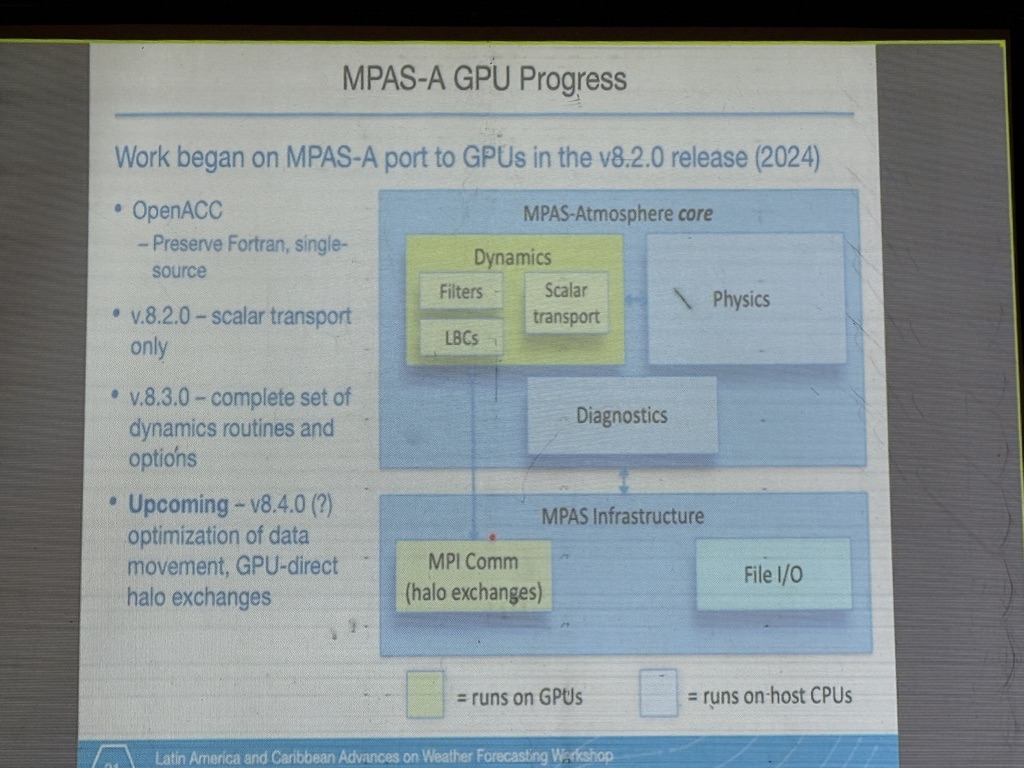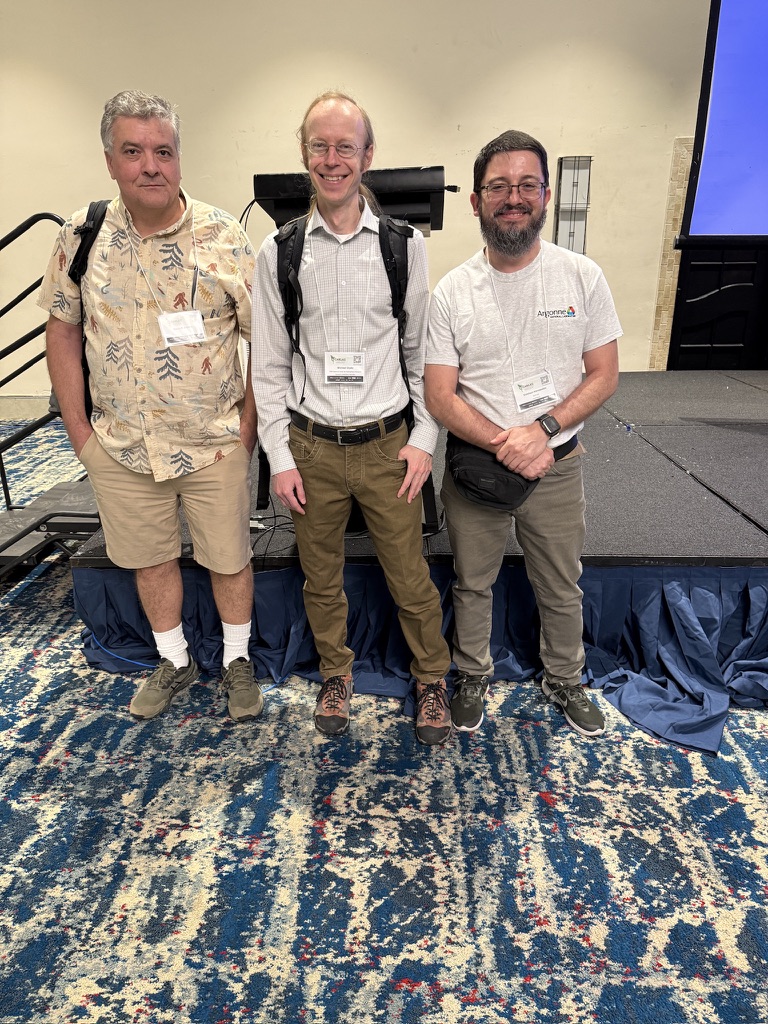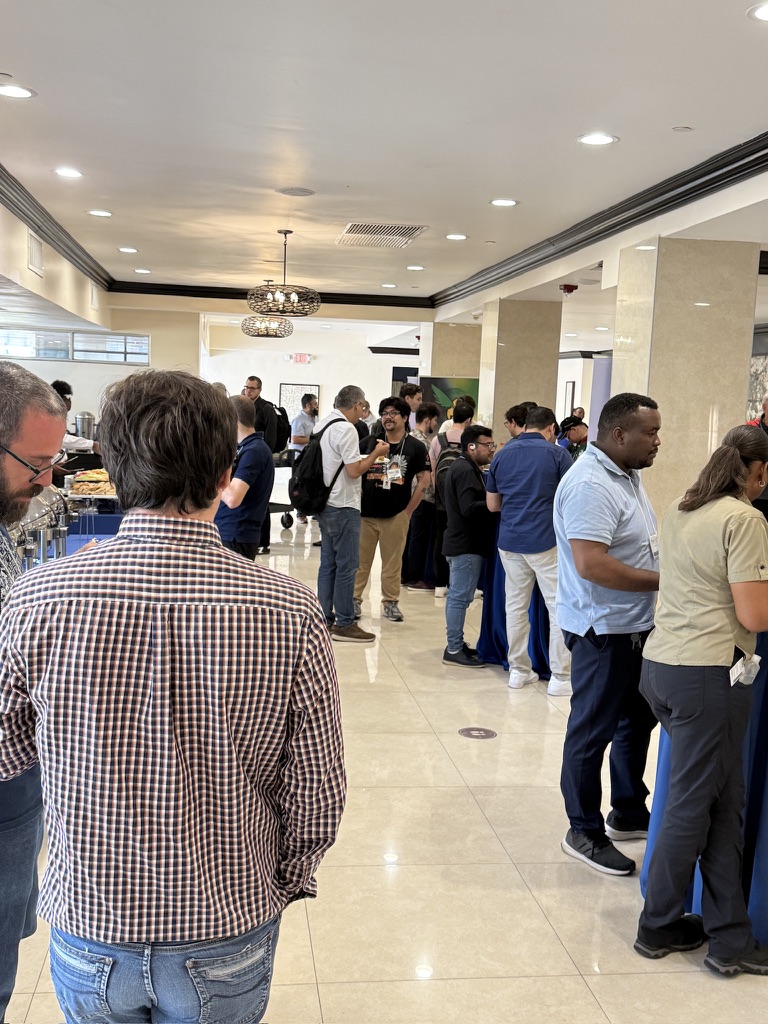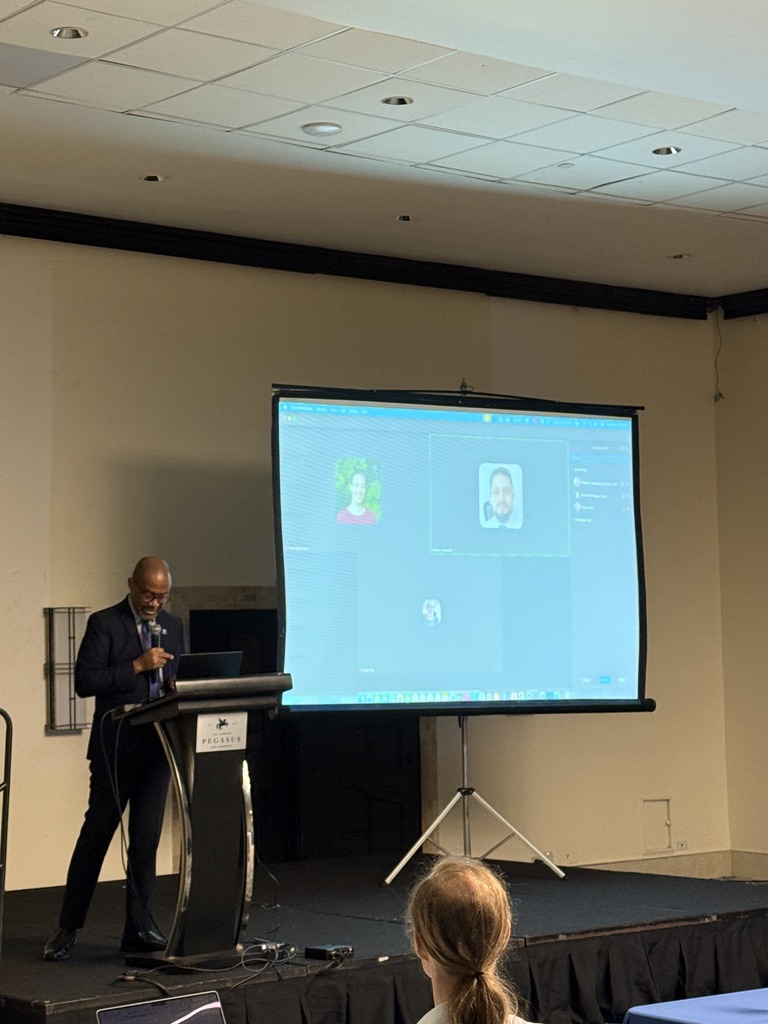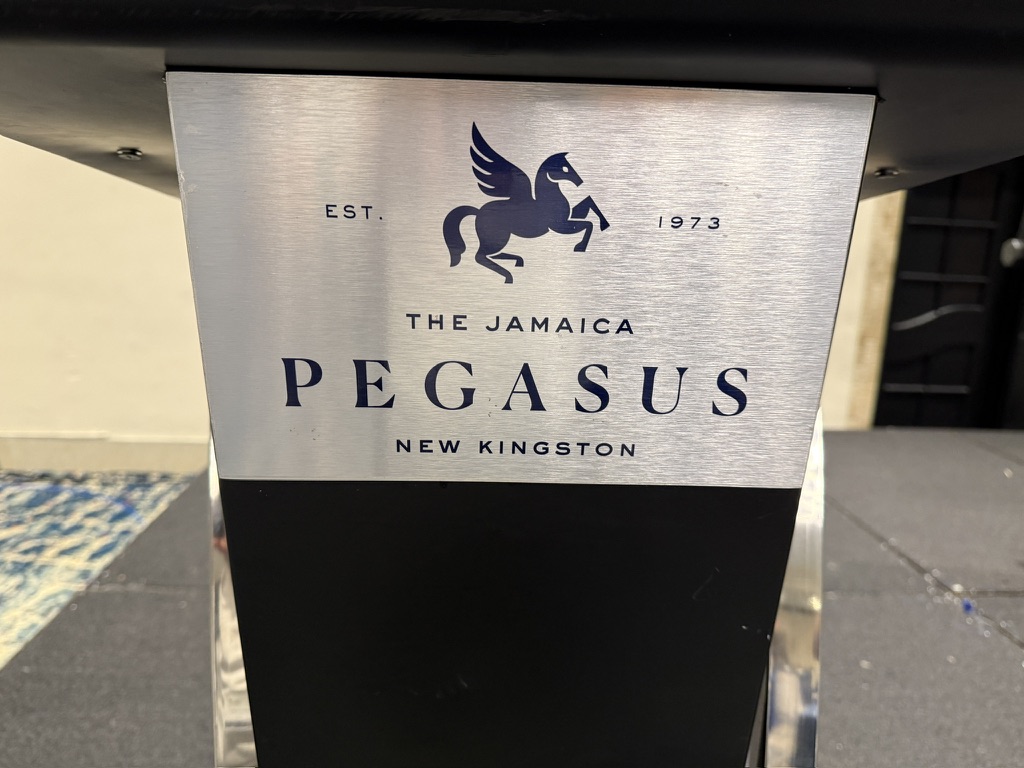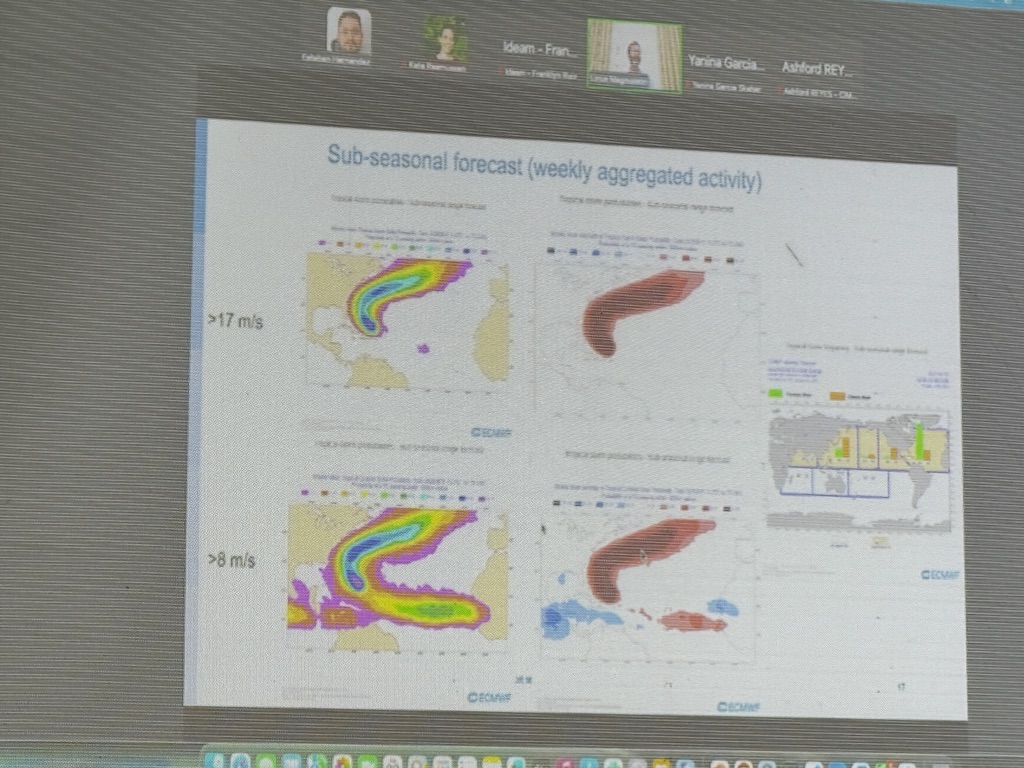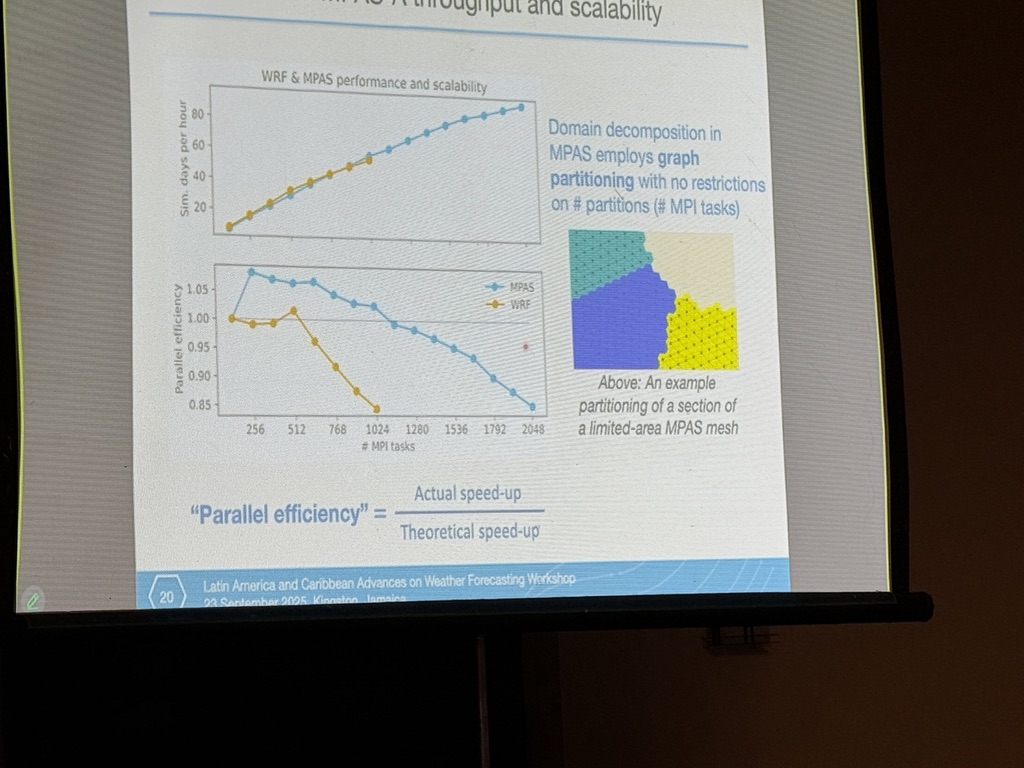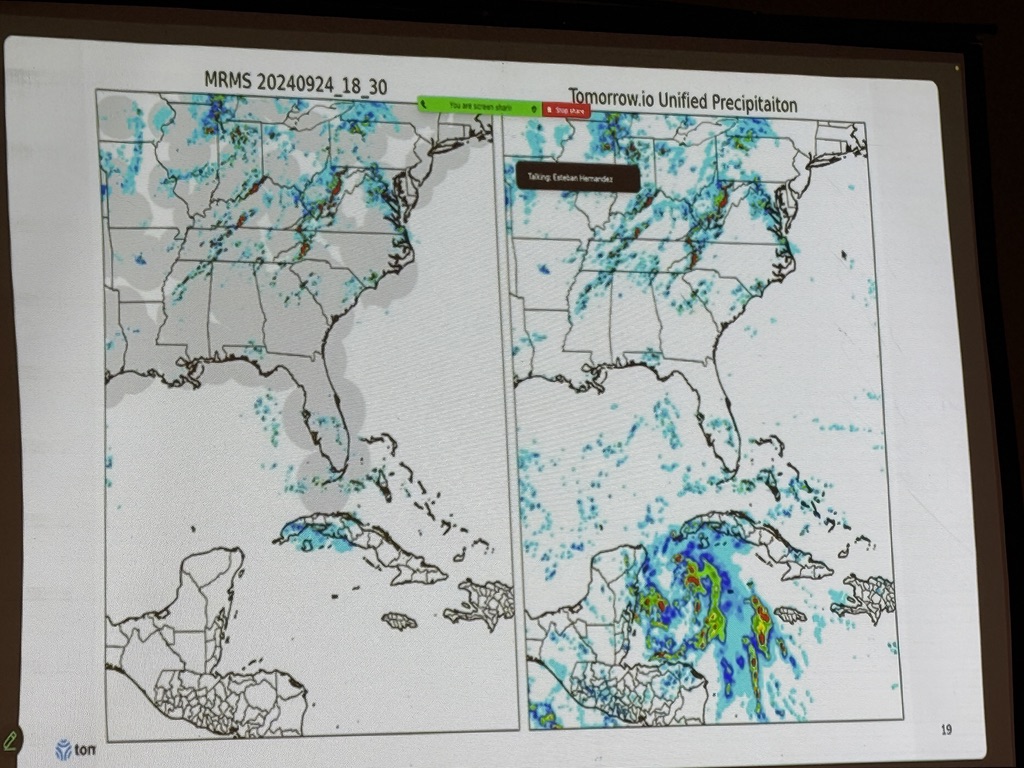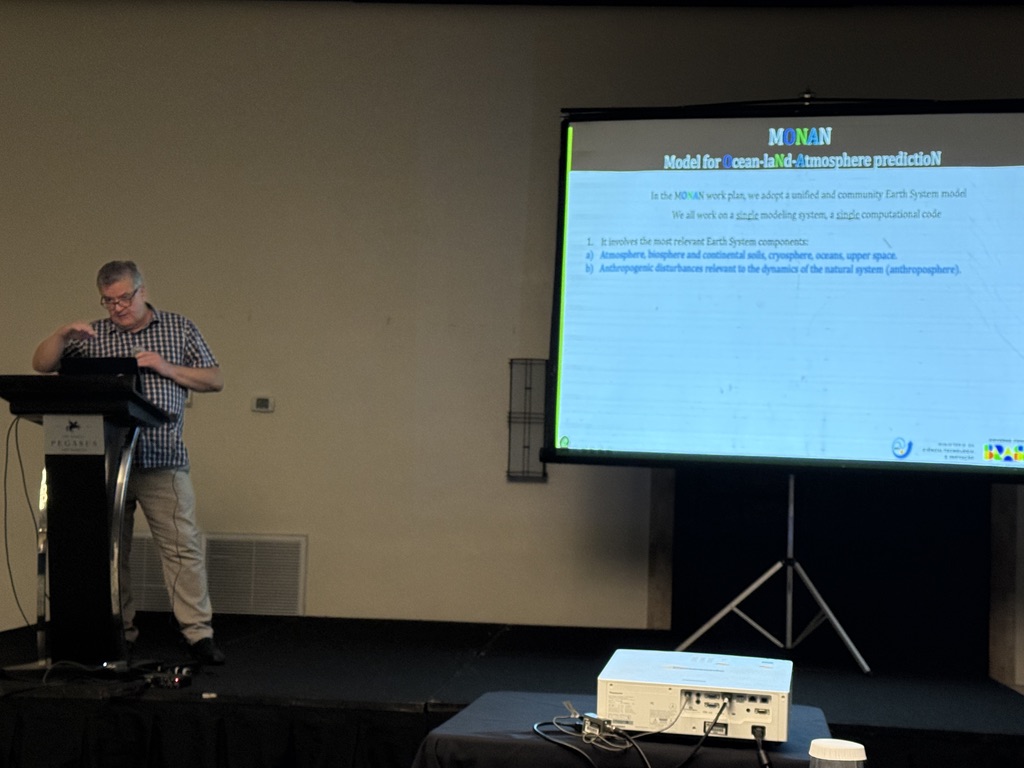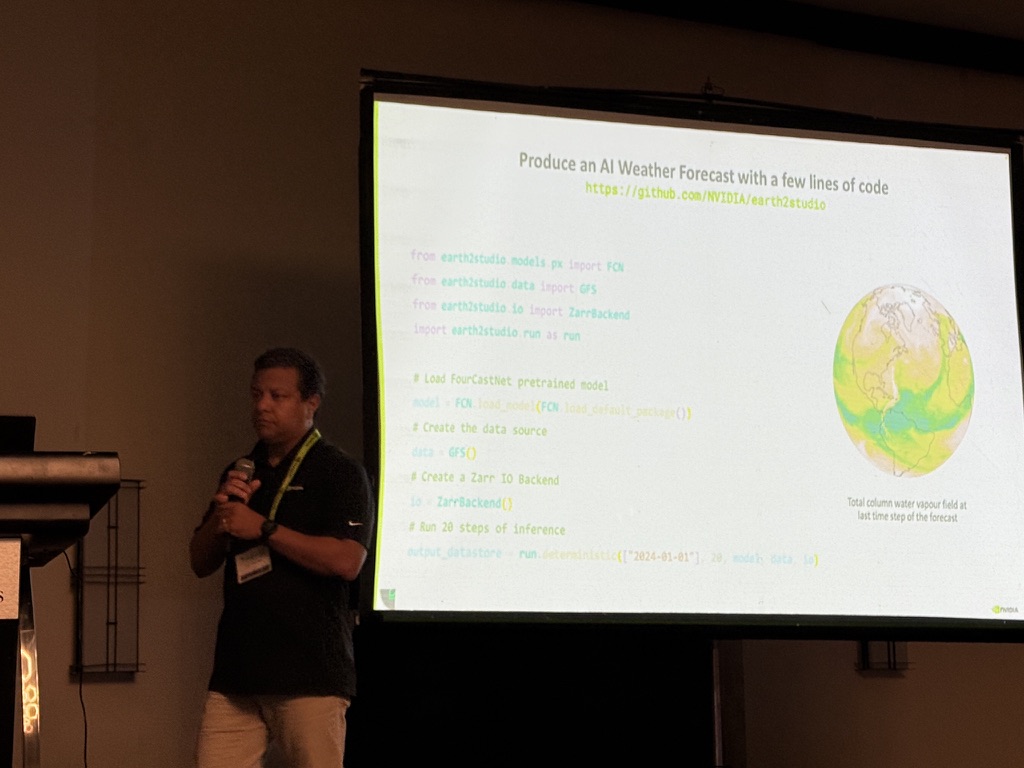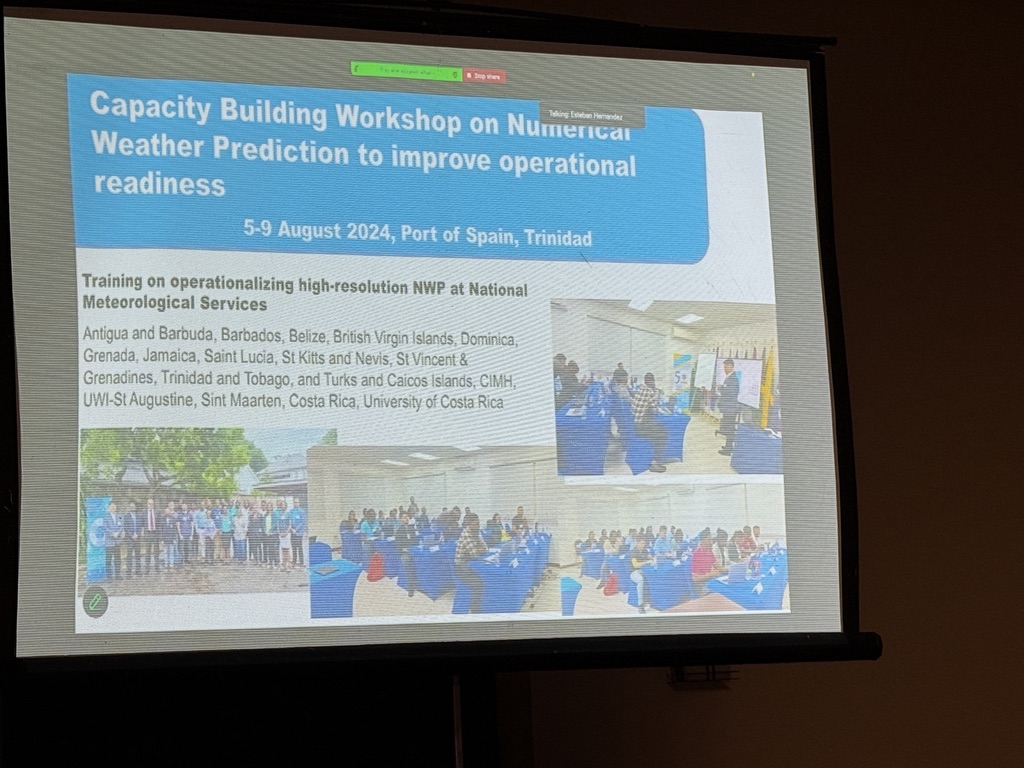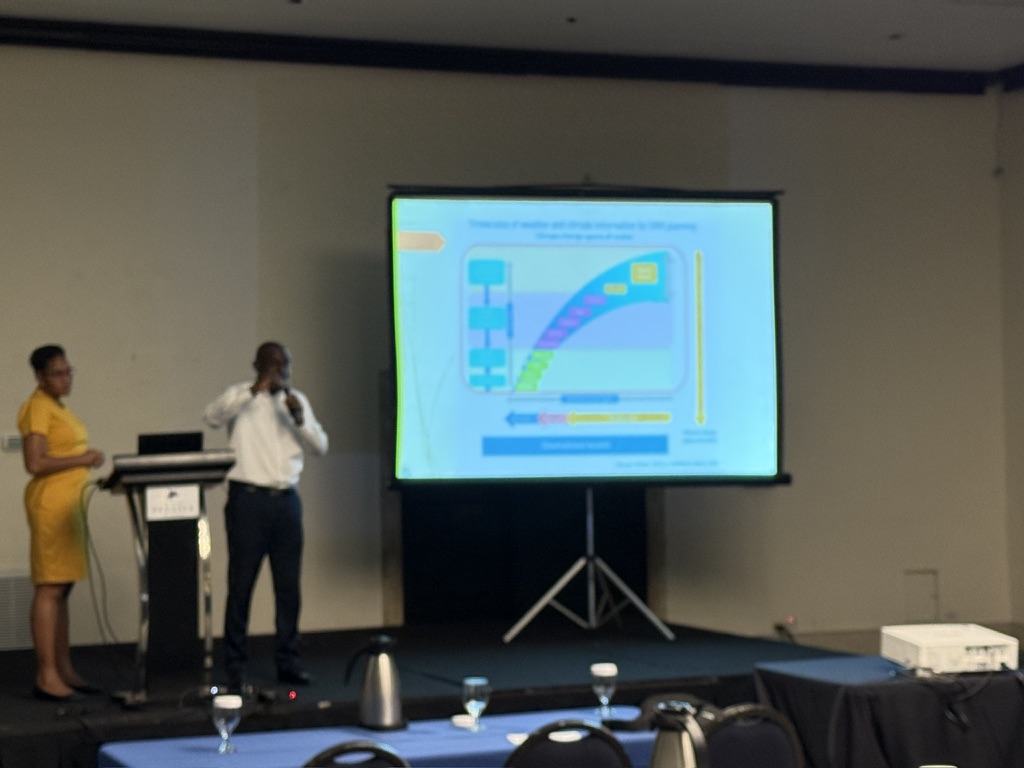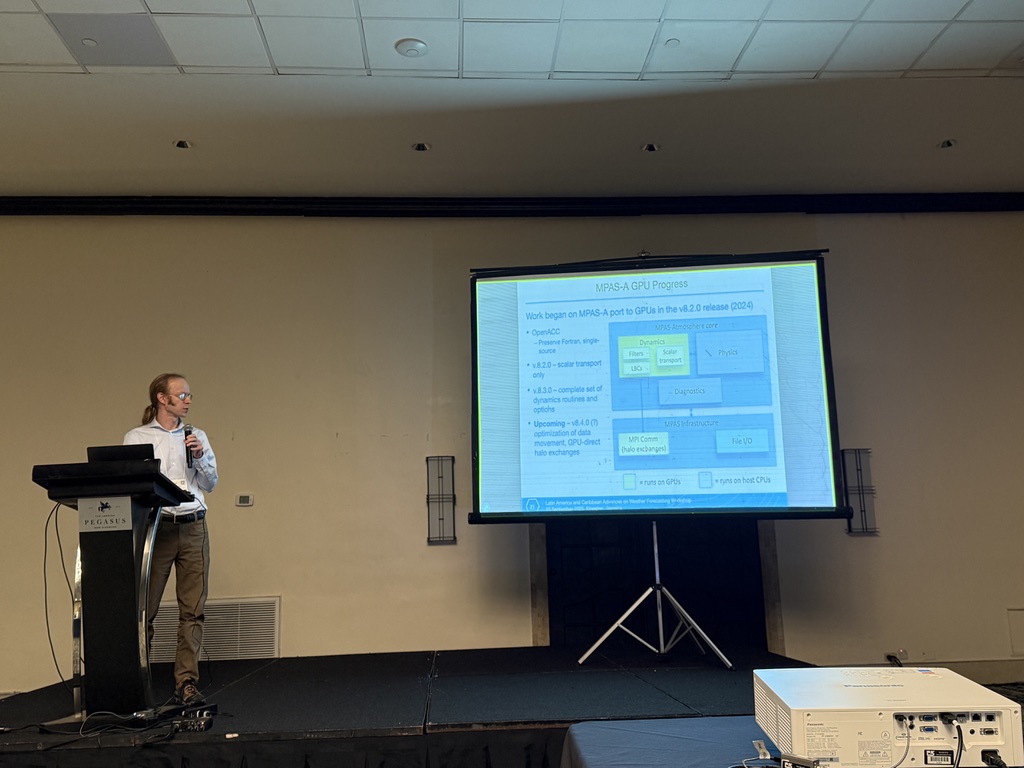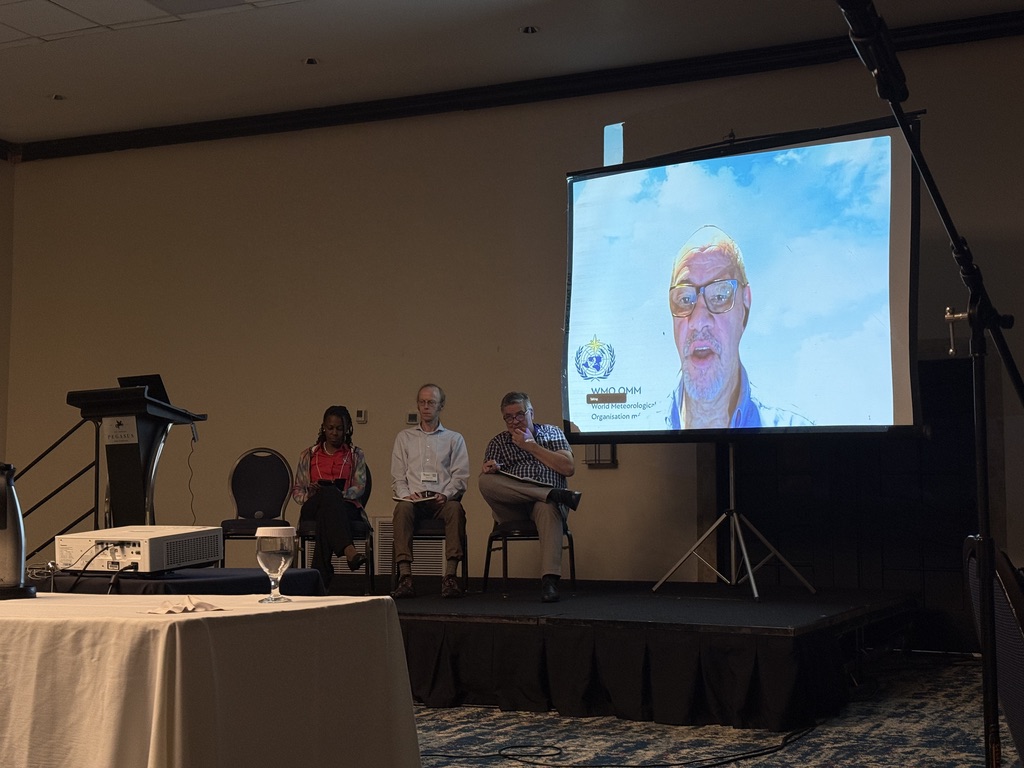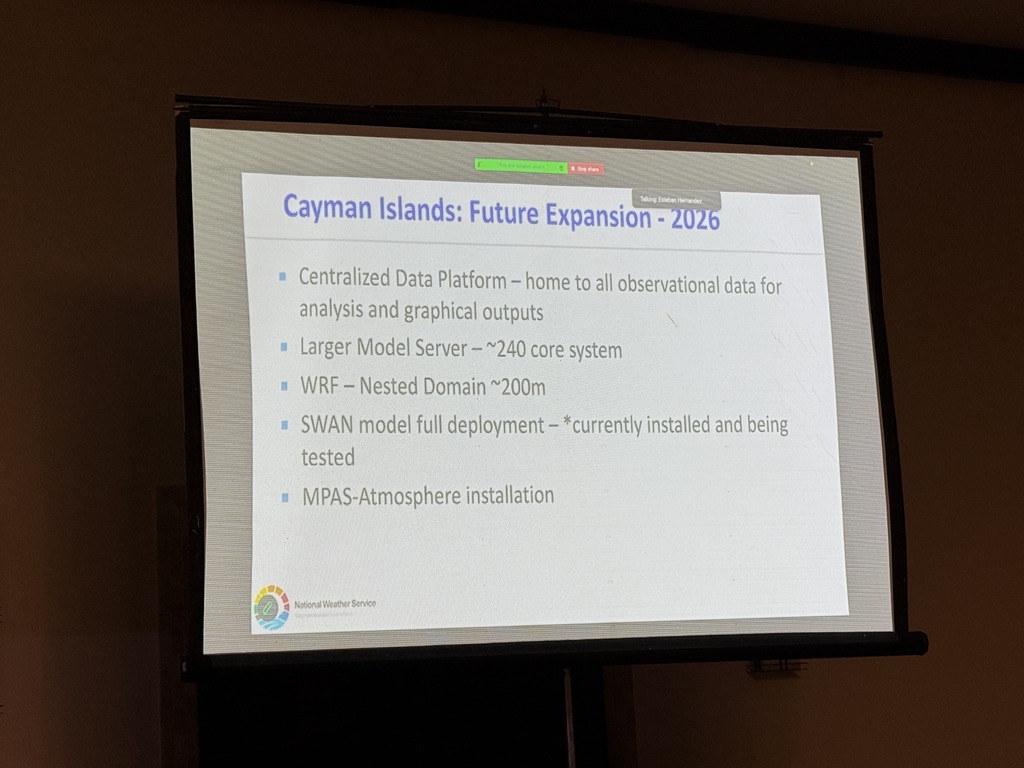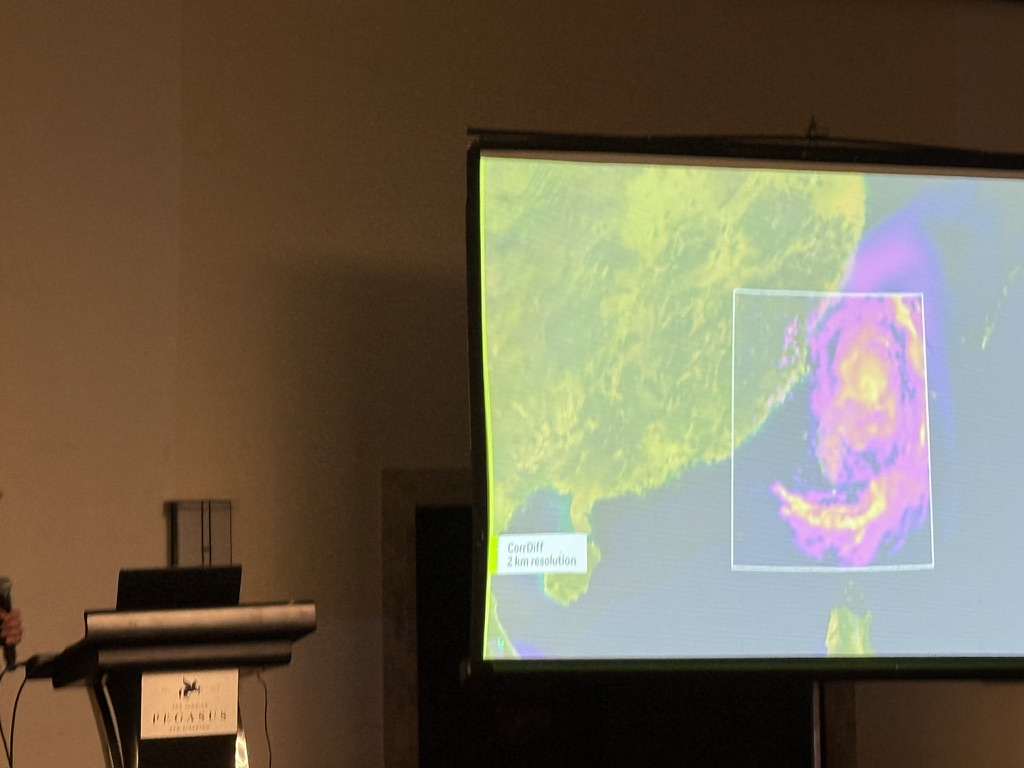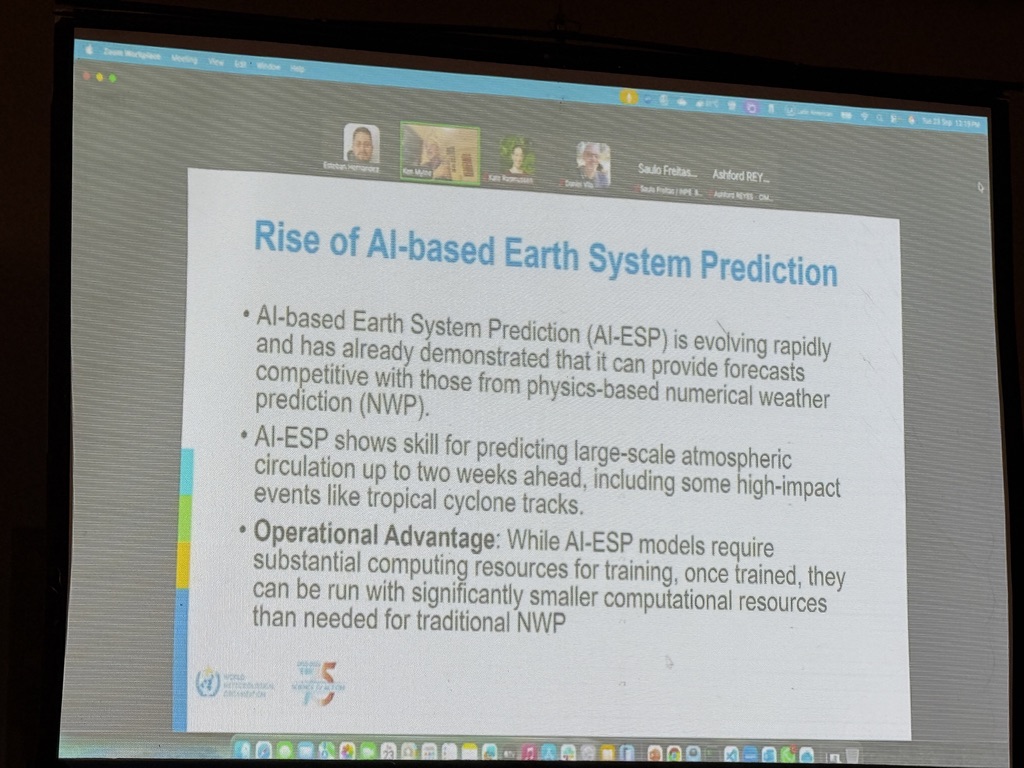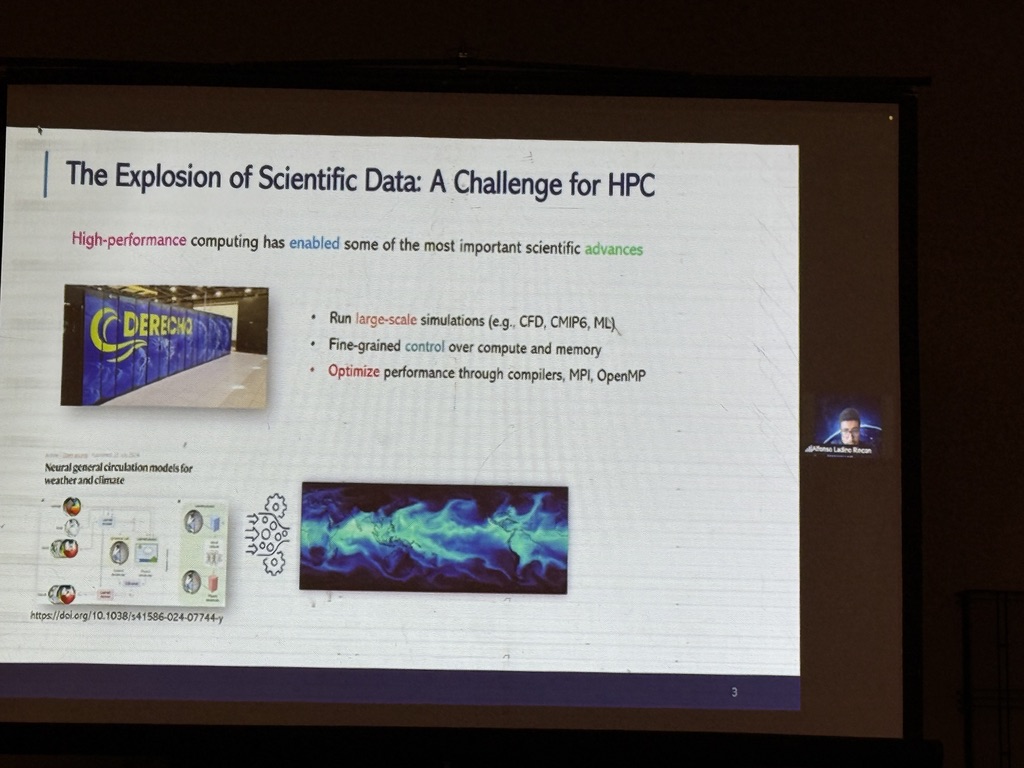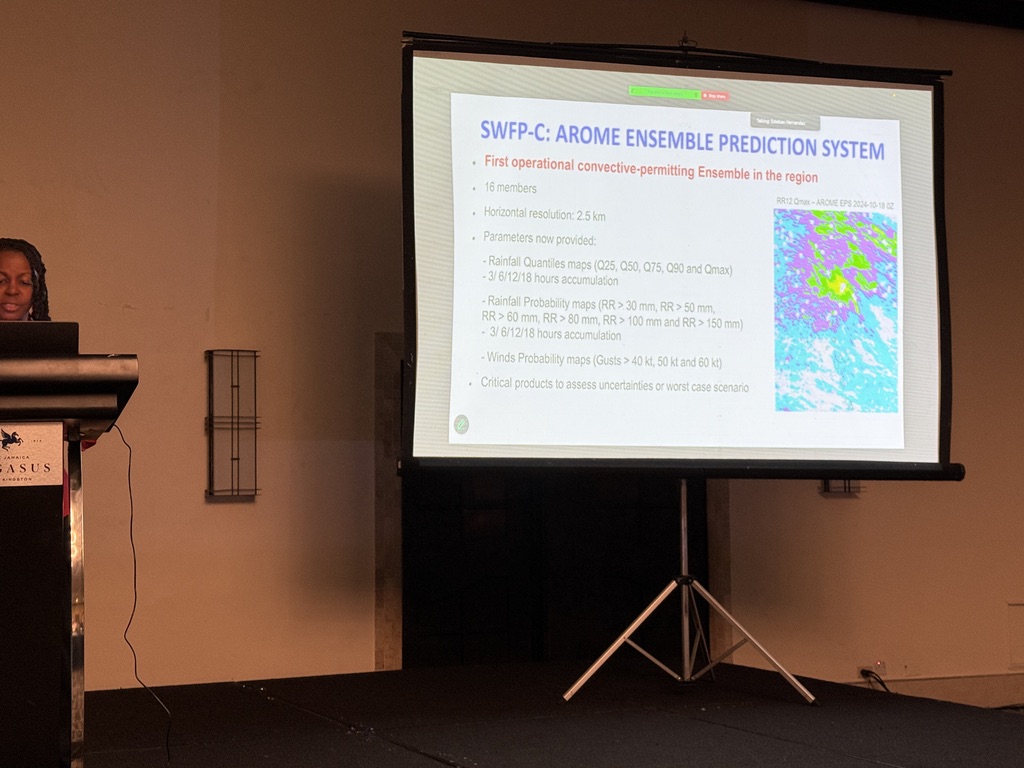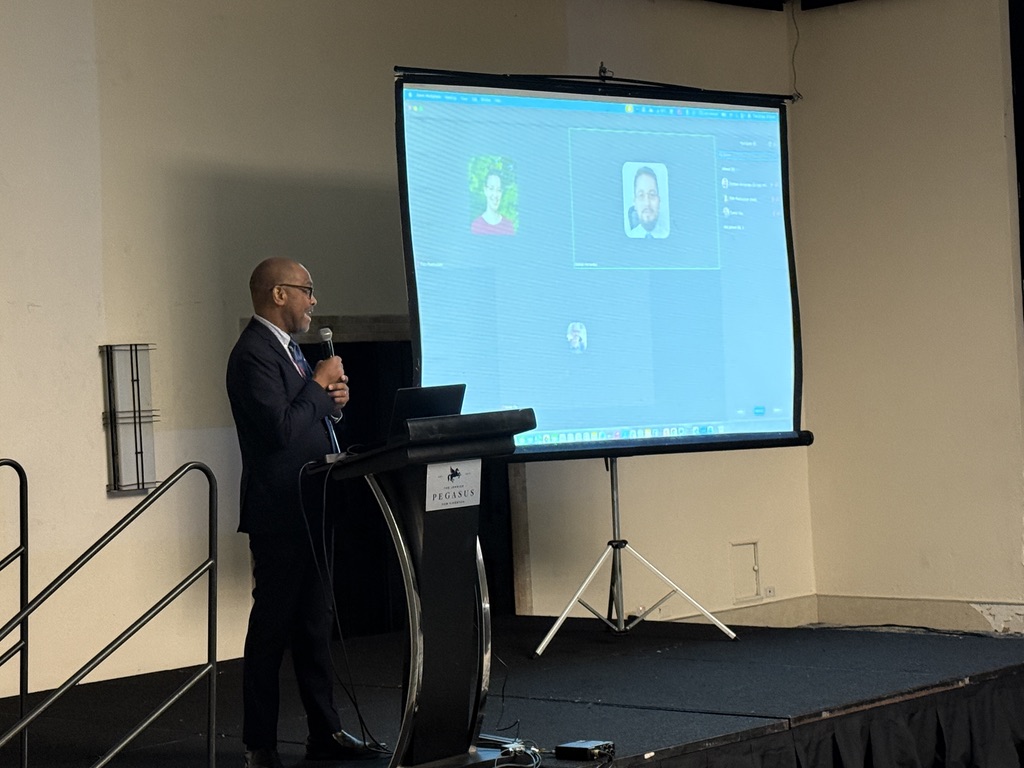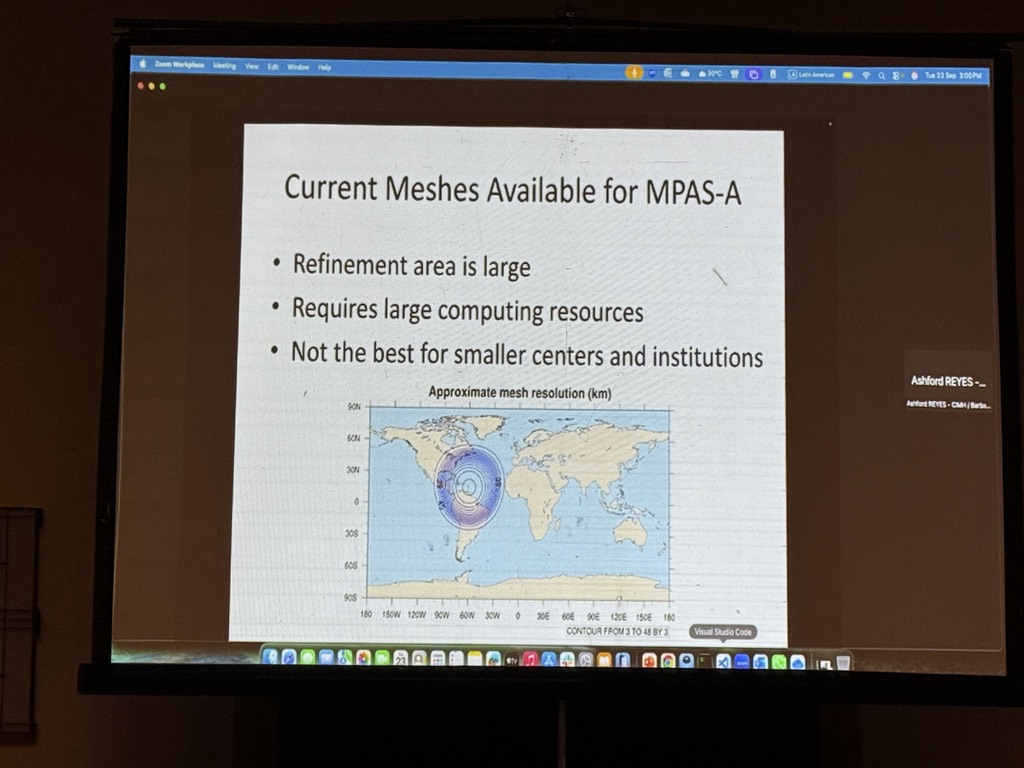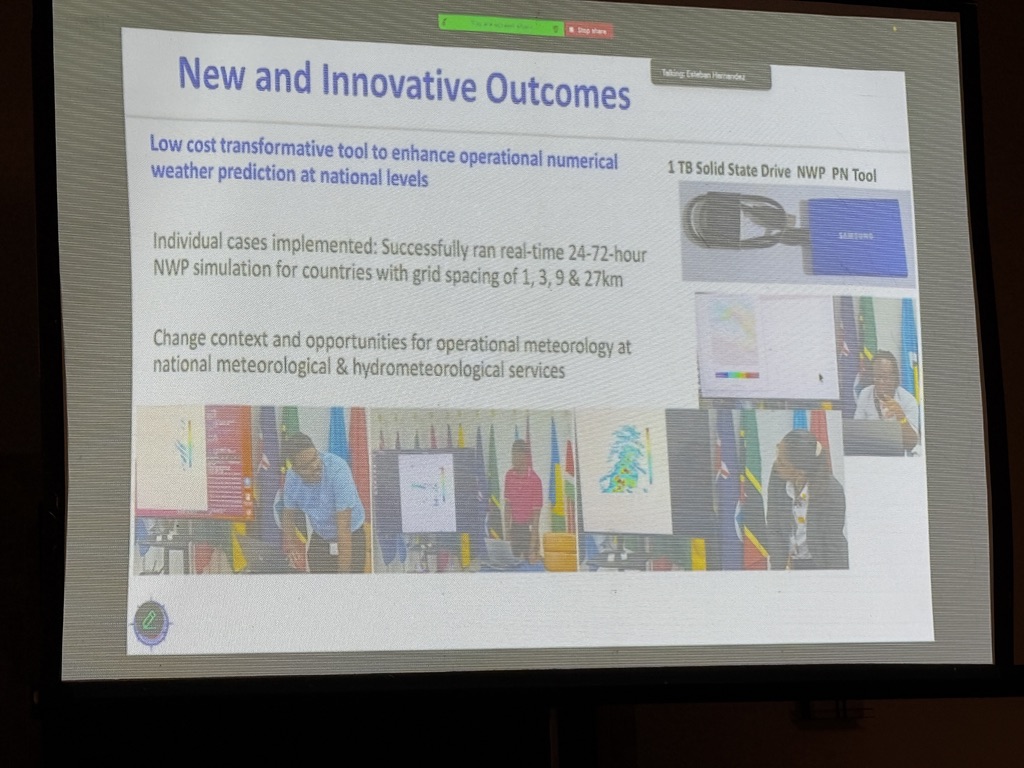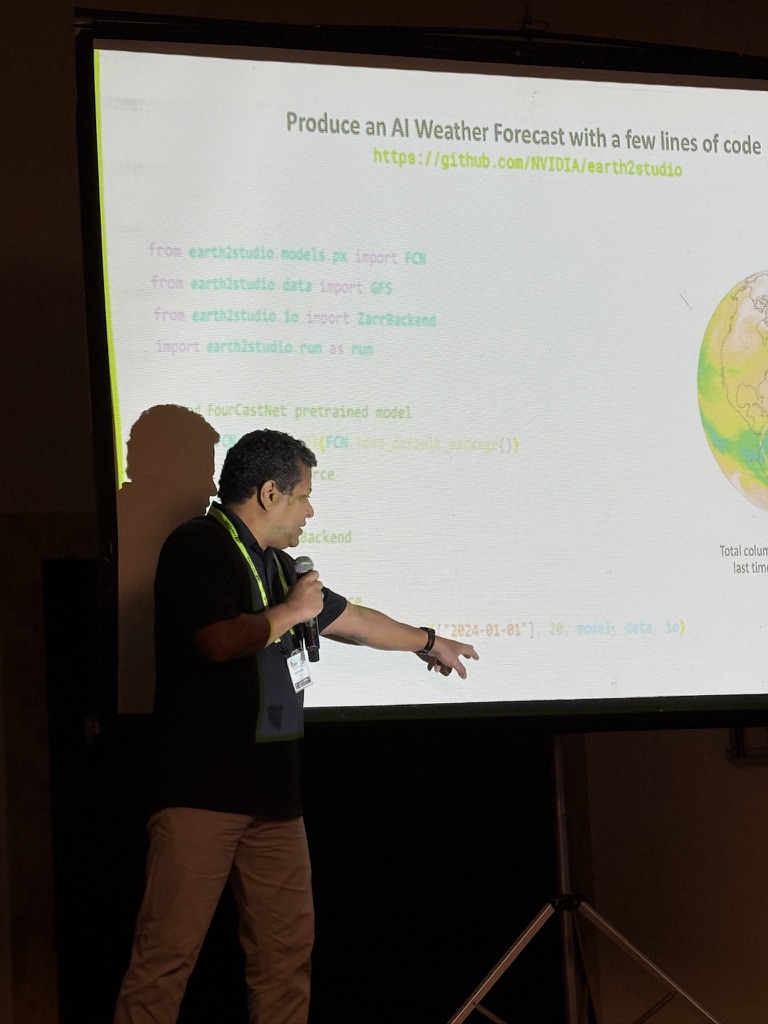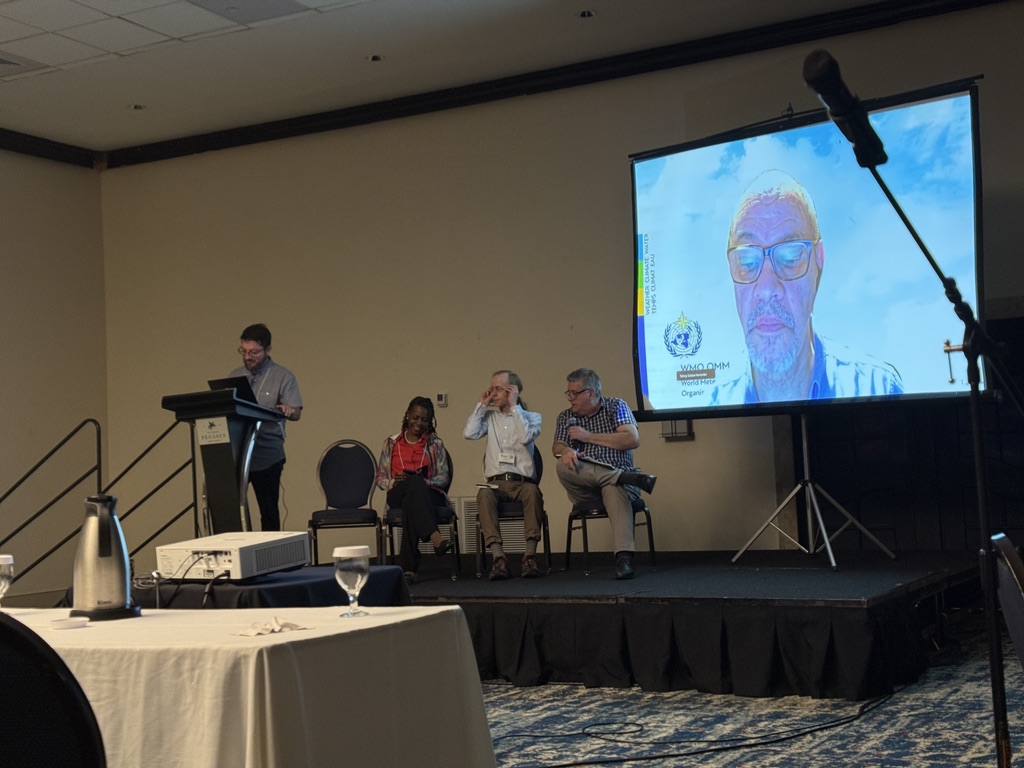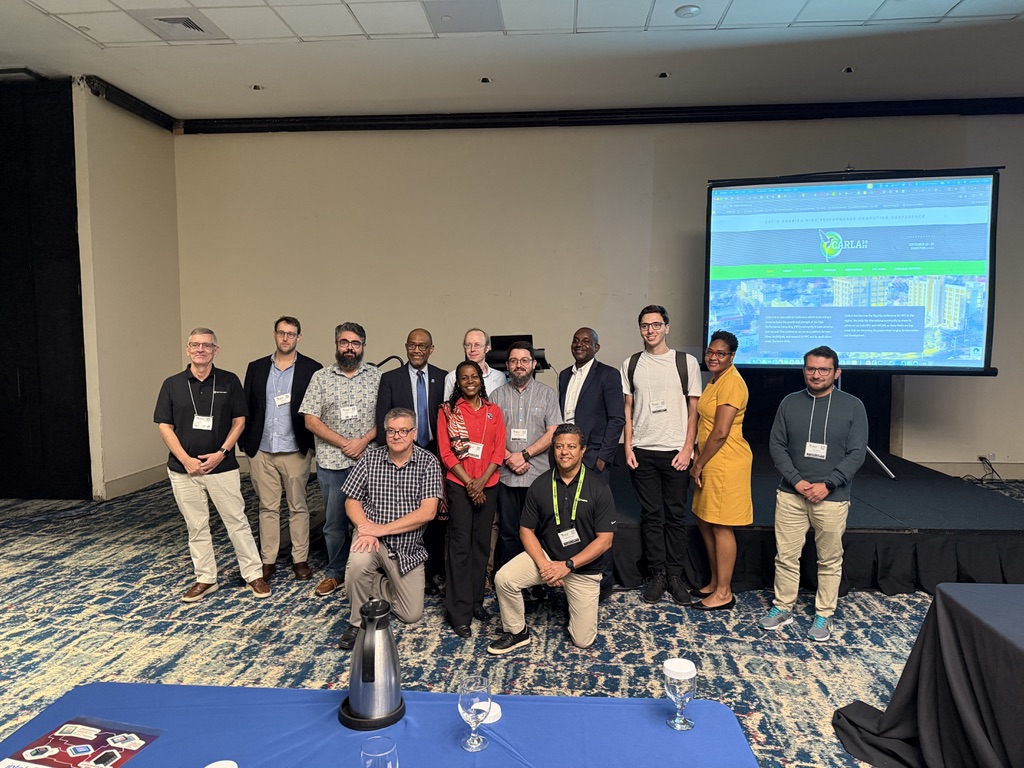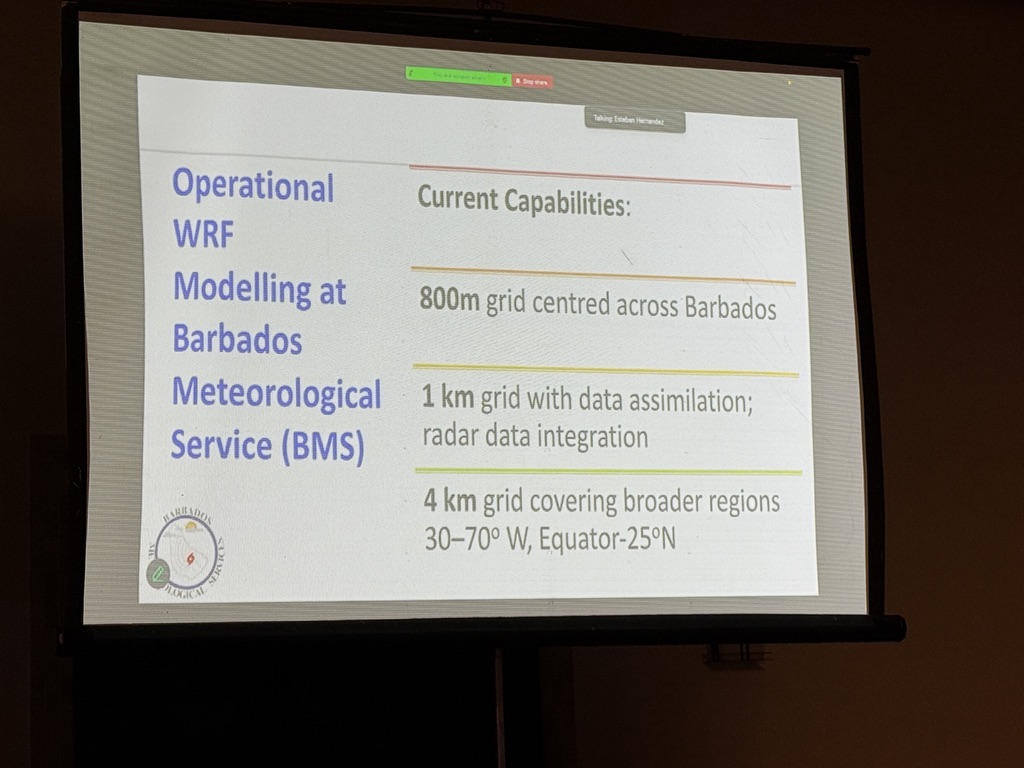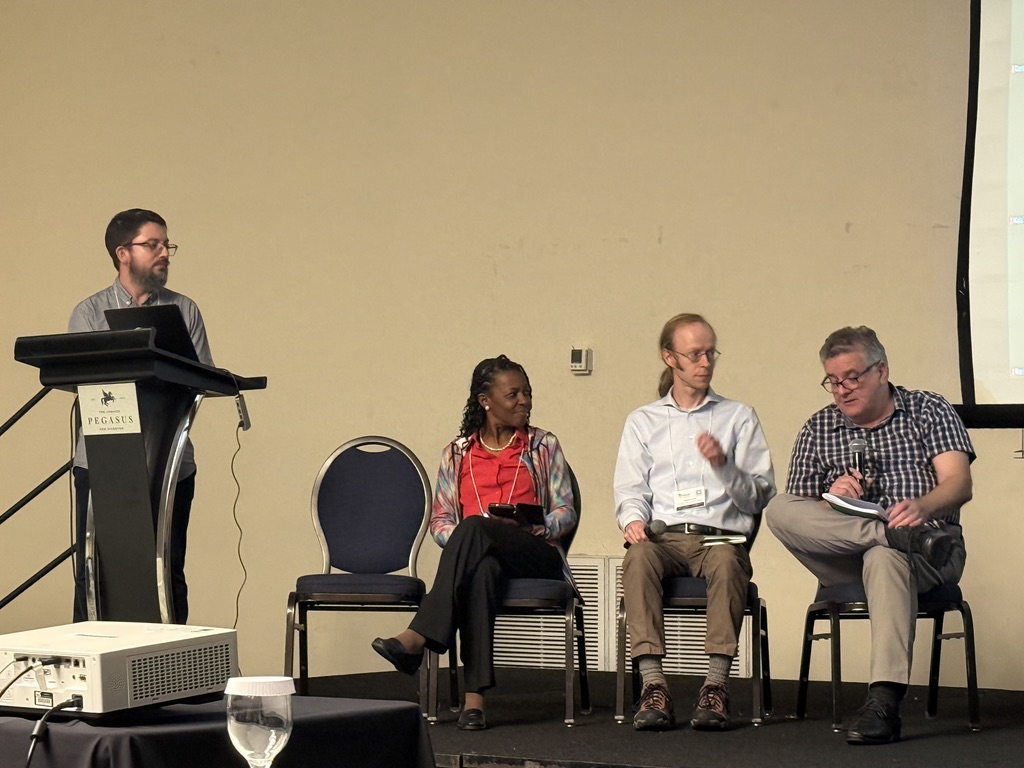Introduction
This workshop is part of CARLA 2025 conference and all details are now on CARLA 2025 workshop website
Extreme weather and climate hazard forecasting plays a fundamental role in mitigating climate risks across Latin America and the Caribbean (LAC), a region disproportionately affected by climate change. Increasingly frequent hydrometeorological hazards—including extreme temperatures, droughts, storms, hurricanes, and floods, confirm the urgency of accurate information and predictive tools. However, historical challenges such as fragmented observational networks and limited regional collaboration have hampered progress in developing tailored forecasting models and leveraging high-performance computing (HPC) solutions for climate and atmospheric research. In the meantime, the international community is moving from current-generation modeling tools (e.g., the Weather Research and Forecasting (WRF) model) to next-generation models that can take advantage of modern HPC systems (e.g., the Model for Prediction Across Scales - Atmosphere (MPAS-A). Furthermore, as AI and ML advance their capabilities and are increasingly adopted, questions remain regarding the convergence between weather forecasting and these technologies.
| Session | Time (Jamaica Local Time) |
|---|---|
| Opening Remarks – Evan G. Thompson (President, Regional Association IV, World Meteorological Organization and Principal Director of Meteorological Service of Jamaica) | 9:00 AM – 9:10 AM |
| Integrating Climate Change into Mesoscale Modeling for Jamaica – Jacqueline Spence-Hemmings and Rohan Brown (Meteorological Service of Jamaica) | 9:10 AM – 9:30 AM |
| Weather and Climate Modeling by Ideam – Instituto de Hidrología, Meteorología y Estudios Ambientales (Colombia)] | 9:30 AM – 9:50 AM |
| Applying AI Weather Models with NVIDIA Earth-2 – Pablo Mário Cruz e Silva (NVIDIA) | 9:50 AM – 10:20 AM |
| Keynote Presentation: Predictions of tropical cyclones with NWP and machine-learning based forecasts at ECMWF – Linus Magnusson (ECMWF) | 10:20 AM – 11:00 AM |
| Morning Coffee Break | 11:00 AM – 11:30 AM |
| Utilizing numerical modeling in operational forecasting in the Caribbean – Arlene Laing (CMO) and Emmanuel Cloppet (Meteo-France) | 11:30 AM – 12:00 PM |
| AI Roadmap for WMO Integrated Processing and Prediction System (WIPPS) and WIPPS Pilot Projects – Ken Mylne (WMO/INFCOM/ET-OWFS; UKMO) and Yuki Honda (WMO) | 12:00 PM – 12:20 PM |
| Keynote Presentation: WRF and MPAS-Atmosphere: Looking to the Future – Michael Duda (NSF NCAR) | 12:20 PM – 1:00 PM |
| Lunch Break | 1:00 PM – 2:00 PM |
| Tomorrow.io Resilience Platform – A New Paradigm for Weather Forecasting in Latin America and the Caribbean – Cesar Beneti | 2:00 PM – 2:20 PM |
| Data assimilation and numerical forecasting system at the National Meteorological Service of Argentina – Yanina Garcia Skabar (National Meteorological Service of Argentina) | 2:20 PM – 2:40 PM |
| Adaptive Mesh Generation for MPAS-A: Focus on Tropical Weather Systems in the Caribbean – Ashford Reyes (CIMH) | 2:40 PM – 3:10 PM |
| Keynote Presentation: The pressing climate emergency and the imperative to advance climate modeling – Saulo R. Freitas (INPE) | 3:10 PM – 4:00 PM |
| Afternoon Coffee Break | 4:00 PM – 4:30 PM |
| Analysis-Ready, Cloud-Optimized Data Formats for Scalable Weather and Climate Science – Alfonso Ladino (University Of Illinois) | 4:30 PM – 4:50 PM |
| Strategic Forum: Challenges and Opportunities for Latin America in Climate and Atmospheric Forecasting in Turbulent Times – Moderated by Esteban Hernández (CyberColombia) – Saulo Freitas (INPE) – Michael Duda (NSF NCAR) – Arlene Laing (CMO) |
4:50 PM – 5:50 PM |
| Closing Remarks and Conclusions | 5:50 PM – 6:00 PM |
Workshop Keynote Talks
Keynote: The pressing climate emergency and the imperative to advance climate modeling Saulo R. Freitas Talk Description: This talk introduces the MONAN program (Model for Ocean-laNd-Atmosphere predictioN), a Brazilian community program led by the National Institute for Space Research (INPE) that proposes a new paradigm in focus and organization for modeling the Earth System, bringing the country to the state-of-the-art in weather, climate, and environmental forecasting.
Speaker Bio: Saulo R. Freitas is a researcher specializing in meteorology and atmospheric sciences. He holds a D. Sc. in Applied Physics from the University of São Paulo. Additionally, he conducted postdoctoral research at the NASA Ames Research Center and served as a Visiting Researcher at the Earth System Laboratory Research (NOAA). Currently, he is a Senior Researcher and Professor in the Graduate Program in Meteorology at the Brazilian Institute for Space Research (INPE). His research focuses on air pollution and atmospheric chemistry associated with wildfires, convection parameterization, and numerical weather forecasting integrated with atmospheric chemistry and aerosols.
Keynote: WRF and MPAS-Atmosphere: Looking to the Future Michael Duda Talk Description to come
Speaker Bio: Michael Duda is a Software Engineer in the Mesoscale and Microscale Meteorology Laboratory at the U.S. National Science Foundation National Center for Atmospheric Research (NSF NCAR). He has over a decade of experience working with the Weather Research and Forecasting (WRF) model software, and he is one of the principal developers of the WRF Pre-processing System, which he also maintains and supports to the user community. Michael is one of the primary architects of the Model for Prediction Across Scales (MPAS) software framework and infrastructure, and more recently, his work has focused on the computational performance of the atmosphere component of MPAS. He is particularly interested in extensible software design and algorithms of all sorts. Michael holds an M.S. in Computer Science from the University of Colorado.
Strategic Forum: Challenges and Opportunities for Latin America in Climate and Atmospheric Forecasting in Turbulent Times Saulo R. Freitas is a researcher specializing in meteorology and atmospheric sciences. He holds a D. Sc. in Applied Physics from the University of São Paulo. Additionally, he conducted postdoctoral research at the NASA Ames Research Center and served as a Visiting Researcher at the Earth System Laboratory Research (NOAA). Currently, he is a Senior Researcher and Professor in the Graduate Program in Meteorology at the Brazilian Institute for Space Research (INPE). His research focuses on air pollution and atmospheric chemistry associated with wildfires, convection parameterization, and numerical weather forecasting integrated with atmospheric chemistry and aerosols.
Michael Duda is a Software Engineer in the Mesoscale and Microscale Meteorology Laboratory at the U.S. National Science Foundation National Center for Atmospheric Research (NSF NCAR). He has over a decade of experience working with the Weather Research and Forecasting (WRF) model software, and he is one of the principal developers of the WRF Pre-processing System, which he also maintains and supports to the user community. Michael is one of the primary architects of the Model for Prediction Across Scales (MPAS) software framework and infrastructure, and more recently, his work has focused on the computational performance of the atmosphere component of MPAS. He is particularly interested in extensible software design and algorithms of all sorts. Michael holds an M.S. in Computer Science from the University of Colorado.
Dr. Arlene Laing is the Coordinating Director of the Caribbean Meteorological Organization (CMO), a specialized agency of the Caribbean Community (CARICOM) that coordinates joint scientific and technical activities in weather, climate and water-related sciences in 16 English-speaking Caribbean countries. Dr. Laing is a member of the World Meteorological Organization (WMO) Executive Council, Research Board, and Panel on Socio-economic Benefits. She is known for studying tropical and mesoscale meteorology; large thunderstorm systems; flash floods and mitigation; satellite meteorology; lightning and El Niño; tropical cyclone rainfall and genesis; weather, climate, and meningitis; climate and armed conflict; and volcanic ash fall modelling. She is the lead author of “Introduction to Tropical Meteorology”, a peer-reviewed online textbook used globally. She is also a co-author and Editorial Committee member of the award-winning, “Meteorology of Tropical West Africa; The Forecasters’ handbook”. In 2021, she was recognized as a 125th Anniversary Fellow by the College of Earth and Mineral Sciences of The Pennsylvania State University. The CMO is an admitted Inter-Governmental Organization of the UNFCCC.
Stay connected
If you would like to stay connected with this community, feel free to contact us at workshops@cybercolombia.org
